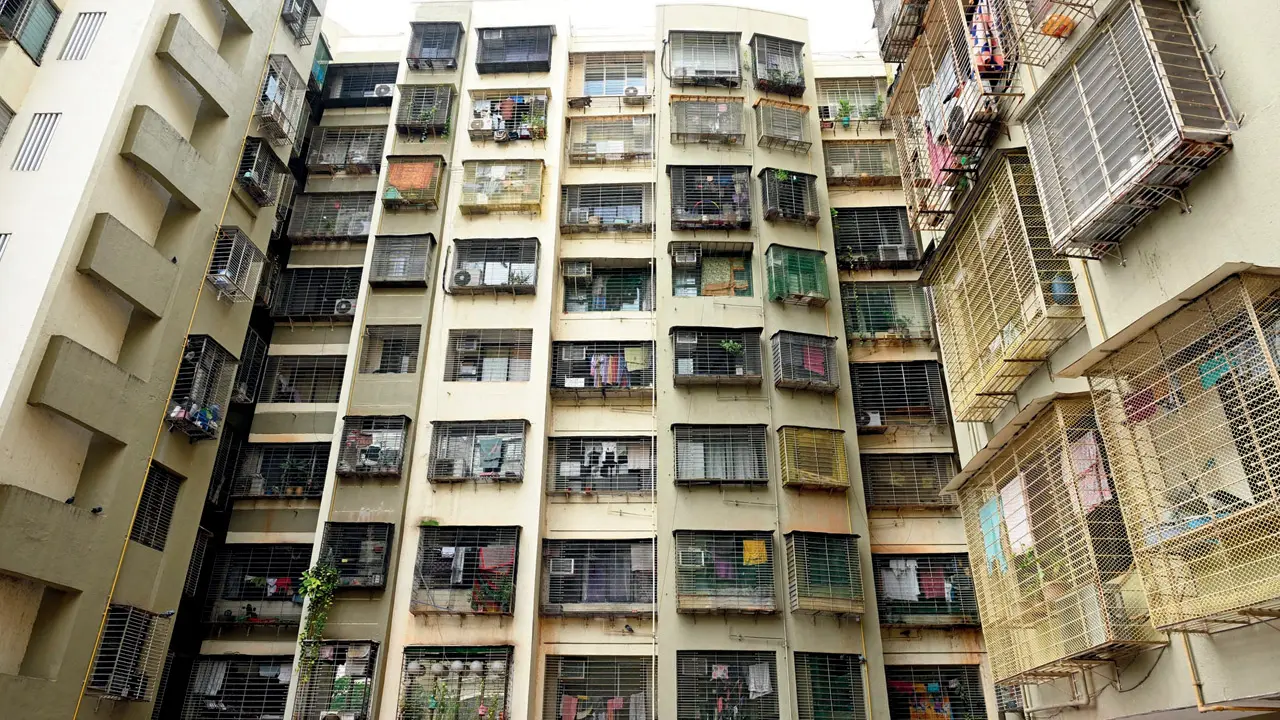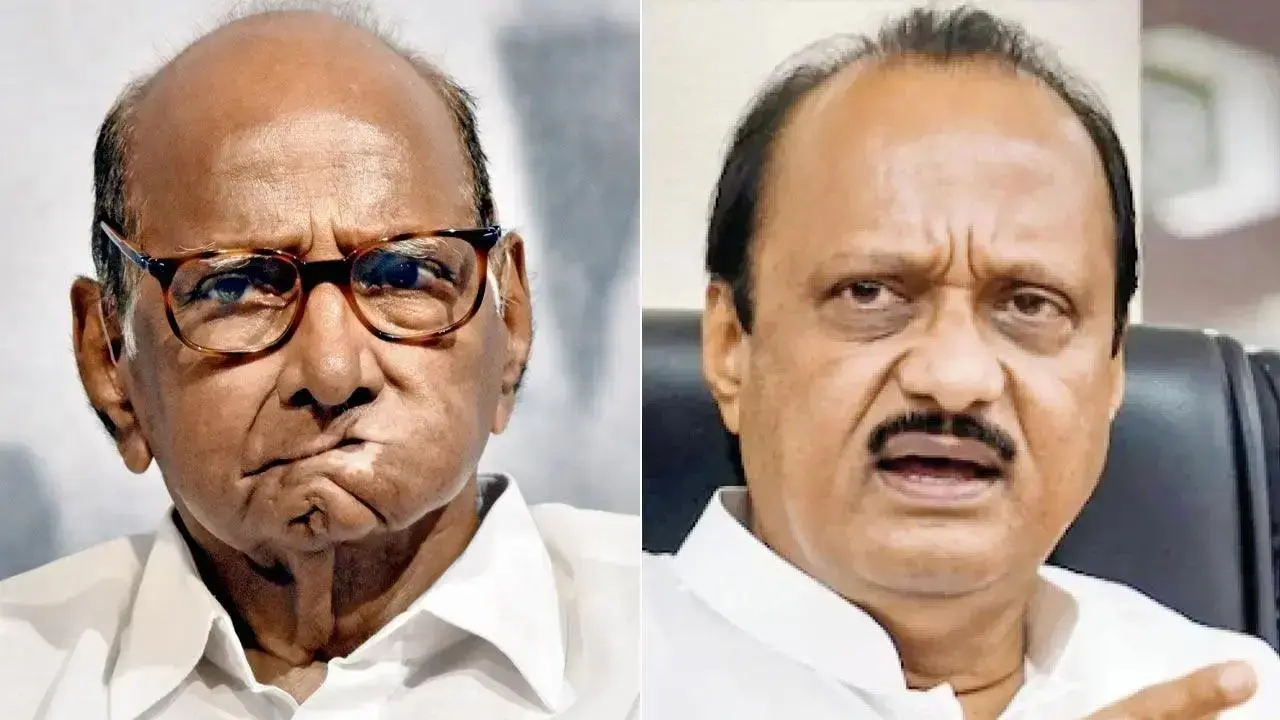In a landmark move to restore democratic control in co-operative housing societies, the commissioner for Cooperation and Registrar of Co-operative Societies, Maharashtra State, Pune, has issued a circular (dated November 4, 2025) affirming the supremacy of the general body in decisions related to redevelopment and self-redevelopment.
The circular effectively scraps the requirement of a No Objection Certificate (NOC) from the registrar before approving redevelopment projects — a bureaucratic hurdle that had delayed thousands of housing projects across the state.
This decision follows the Bombay High Court’s ruling on October 17, in Baltazar Fernandes vs Deputy Registrar, Co-operative Societies, H-West Ward, Mumbai and Others, which reinforced that the general body’s resolutions are final in redevelopment matters.
Deepak Taware, commissioner for Cooperation and Registrar of Co-operative Societies, Maharashtra (right) CA Ramesh Prabhu, founder chairman, Maharashtra Societies Welfare Association (MahaSEWA)
The registrar’s role has now been clarified as purely administrative — they cannot withhold, amend, or veto any decisions taken by a society’s general body unless explicitly required by law. Any registrar who violates these directives will face disciplinary action by the department.
Deepak Taware, Commissioner for Cooperation and Registrar of Co-operative Societies, State of Maharashtra, said, “Through this circular, we have granted autonomy to societies. Unnecessary interference by registrars will now be curtailed.”
When asked if his office had received any complaints against the registrar. He added that while complaints were received by joint registrars in Mumbai, and some matters reached the high court, his office will soon issue additional circulars to ensure strict compliance and better oversight by registrar and senior officers. When asked if this will make redevelopment easier, Taware replied in the affirmative.
Societies get power back
Advocate Shreeprasad Parab, Expert Director of the Maharashtra State Housing Federation, said, “This is a landmark circular. It ends years of delay caused by unnecessary NOC requirements. The general body is now legally recognised as the ultimate authority on redevelopment — not the registrar. This promotes transparency, strengthens democracy in co-operative housing, and ensures projects move ahead faster.”
Advocate Shreeprasad Parab, expert director of the Maharashtra State Housing Federation
Parab added that the move could help ease the burden on the Bombay High Court, where over 6000 redevelopment-related cases are pending. “It also sets out the principle of the adjudication mechanism, with regards to the hierarchy of the judicial system,” he said.
Redevelopment on track
CA Ramesh Prabhu, founder chairman of MahaSEWA, said, “Requiring an NOC from the registrar only encouraged corruption. Developers appointed by the general body faced unnecessary delays as the unmandated NOC was withheld until the registrar’s approval. The high court has clearly stated that it is the cooperative society’s responsibility to inform the registrar to appoint an official to supervise redevelopment meetings. If the registrar fails to do so, superior officers should take action based on complaints from societies.
With around 60 cooperative registrars in the Mumbai Metropolitan Region (MMR) and about 330 across the state, each handling nearly 5 to 10 redevelopment NOC proposals every month, this move will streamline the process and ease the burden on the common man.
The issue of NOCs was discontinued by the government under the ‘Ease of Doing Business’ initiative, which was part of the IOD conditions for issuing commencement certificates. The High Court has also held in several rulings that directions under Section 79A are not mandatory. Since one registrar dismissed a committee for not following Section 79A directions, the court has now ordered an inquiry and disciplinary action against the registrar for contempt of court orders.”











